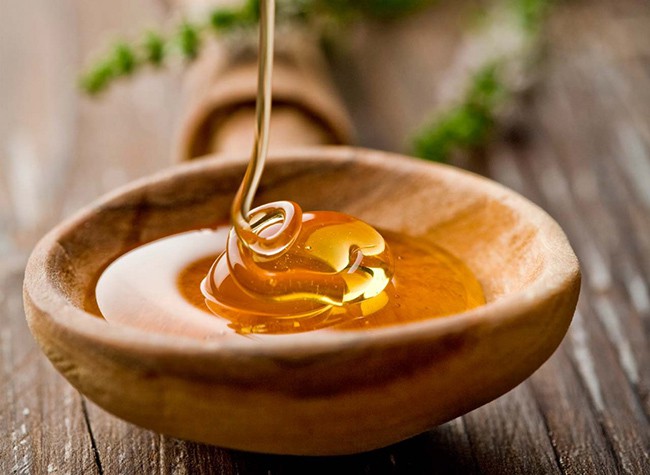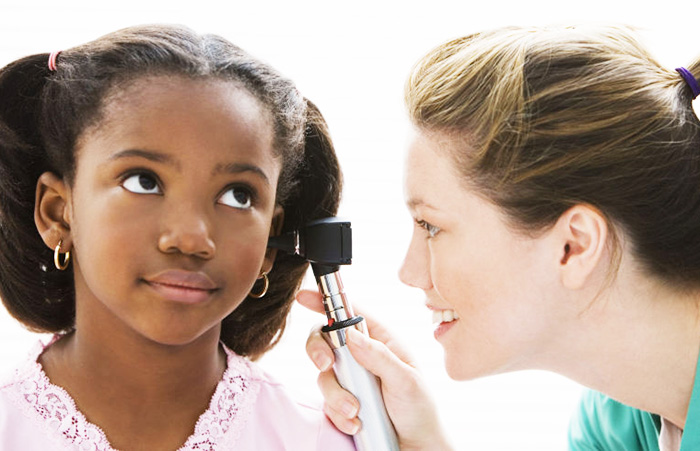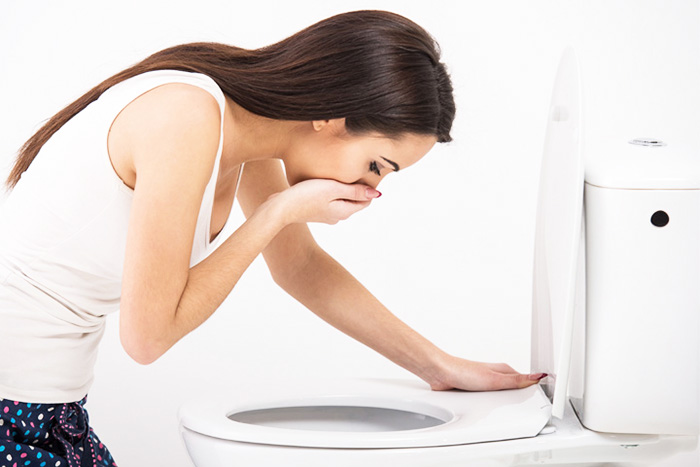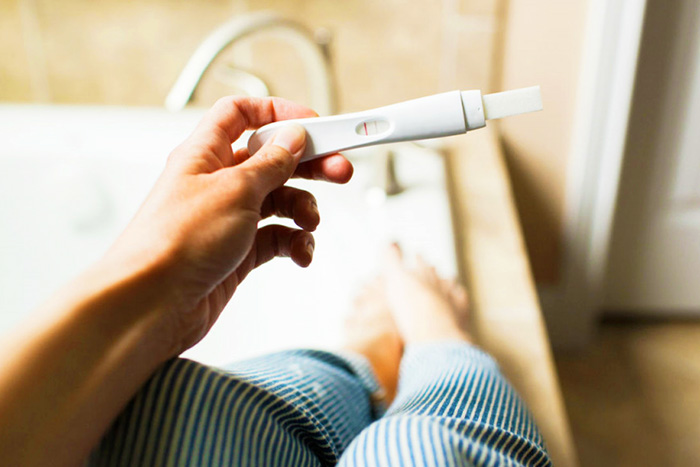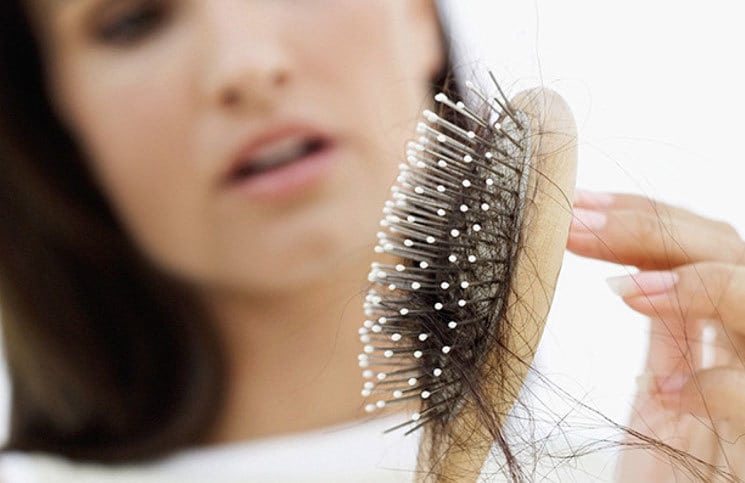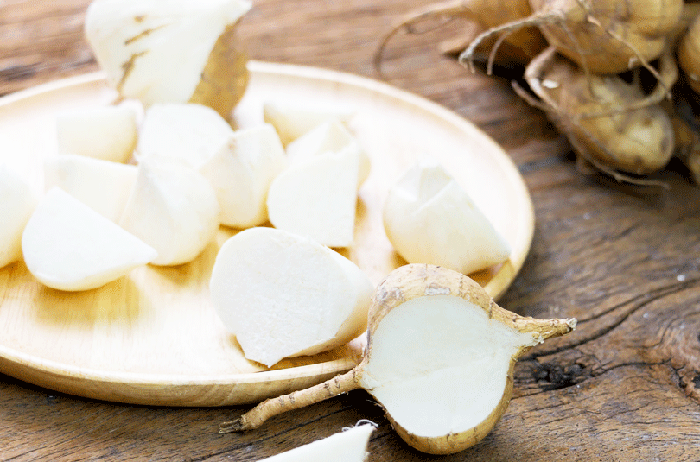Ovulation happens when a matured egg is released from your ovary that needs to be fertilized by the sperm. Women have millions of immature eggs that are just waiting to be released every month. It is during this stage in your menstruation when the egg is released from the ovary and travels down towards the fallopian tube where, if there is a sperm that manages to survive the trip, can fertilize the egg and pregnancy begins.
Most of the time, ovulation begins on the 15th day of your menstrual cycle but this may not be for everyone. Some women have shorter menstrual cycle while others can reach up to 32 days. Typically, a woman who is at the right age for childbearing can have a menstrual cycle that will last between 28 days to 32 days with ovulation beginning on days 10 to 19 or about 12 to 16 days before your next period begins.
Predicting Ovulation
Learning about your ovulation period is actually a good way to determine when you are most fertile especially when you are trying to have a baby. Like it was mentioned before, not everyone has the same menstrual period which means that you also need to watch out for other signs to determine whether you are in your most fertile stage or not. Fortunately, there are indeed signs and symptoms that you have entered this stage in your menstrual cycle. Here are a few that you should take note of.
Basal body temperature
Your basal body temperature, or BBT, refers to your temperature when you are in the state of rest. When your cycle starts, your BBT is at the normal level which is around 97.2 or 97.6 degrees Fahrenheit. As you near your ovulation period, you will find that there is a slight dip to your BBT then a sudden spike when you are already ovulating. Try tracking your basal body temperate for a few months so you will know what your average is and when there are changes to it.
Ovulation kits
Another way to determine whether you are ovulating or not is to use ovulation kits which acts as a predictor. It is designed to measure the luteinizing hormone that can be found in your urine. Does this kit work? Yes, it does since ovulation normally happens at 10 to 12 hours after your LH actually peaks. You will need to pee on the stick and wait until a line appears. Check it against the legend on the box to determine what stage you are in. It is best to check your luteinizing hormone in the morning.
Symptoms of Ovulation
There are also symptoms of ovulation that you can watch out too such as:
Better sense of smell
Have you noticed that your sense of smell has become sharper lately? Chances are you are entering your ovulation period and this heightened sense of smell is because your body is automatically attracted to the male hormones at this stage.
Lower abdominal pain
There are some women who are actually sensitive to their ovulation in the form of mild pain that starts in their lower abdomen. This can last between a few minutes to a few hours at least. It might also be accompanied by some discharge or even light vaginal bleeding which is normal.
Discharge
There are instances when there is a presence of light discharge during ovulation. This can happen when the follicle that is protecting the egg starts to mature, then rupture, which can lead to that brownish discharge. This should not be a cause for concern except when the spotting doesn’t go away.
